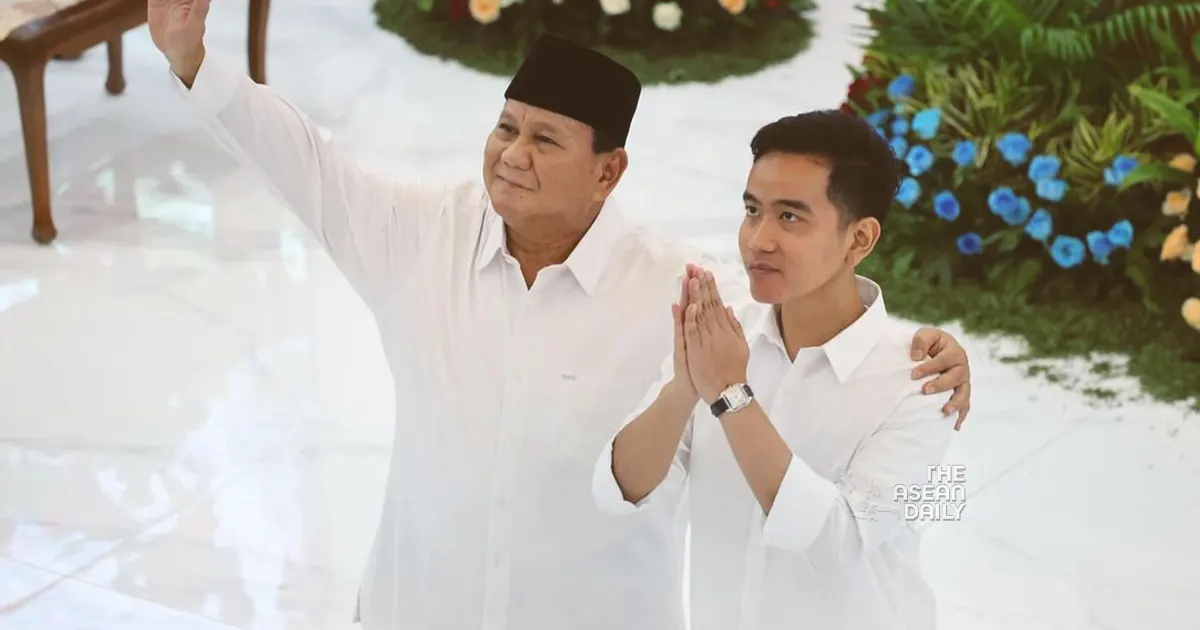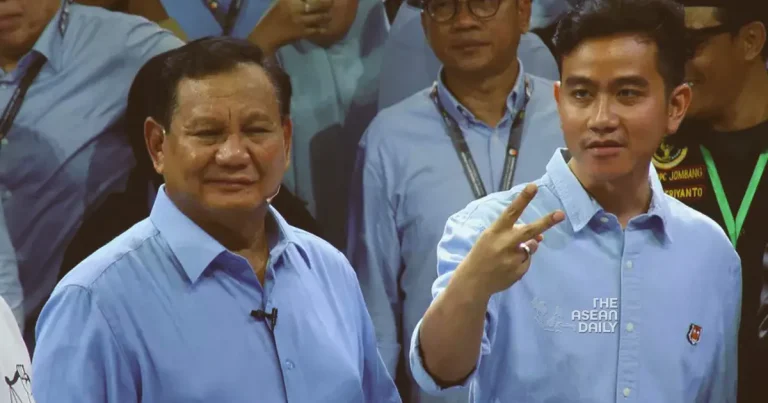15-10-2024 (JAKARTA) Gibran Rakabuming Raka, the once-reluctant eldest son of outgoing President Joko Widodo, is set to assume the role of Vice President alongside President-elect Prabowo Subianto. This ascension marks a dramatic shift for the 37-year-old, who just a decade ago shied away from the political limelight.
The journey of Gibran from a private citizen to the second-highest office in the world’s third-largest democracy is a tale of political manoeuvring, family dynamics, and the complex interplay of power in Indonesian politics. Sources close to the family reveal that Gibran’s initial reluctance to embrace politics stemmed from a deep-seated desire for privacy and a focus on his entrepreneurial ventures, including a successful pancake business.
However, as President Widodo, popularly known as Jokowi, approached the end of his constitutionally-limited two terms, a new chapter in the family’s political saga began to unfold. Insiders speak of Jokowi’s growing concern about maintaining influence post-presidency, a worry that apparently catalysed his efforts to steer his introverted son into the political arena.
Gibran’s political debut as the mayor of Solo, a modest city of 500,000 inhabitants, was reportedly met with initial hesitation from the young man himself. It took considerable persuasion from his father and inspiration from his brother-in-law’s political success to convince Gibran to take the plunge. This calculated move laid the groundwork for what would become a meteoric rise to national prominence.
The path to the vice presidency was not without its controversies. A crucial turning point came with a contentious constitutional court ruling that lowered the age requirement for high office, effectively paving the way for Gibran’s candidacy. This decision, made by a court presided over by Gibran’s uncle, has been a source of significant public debate and ethical scrutiny.

Prabowo Subianto, a seasoned political figure and former rival of Jokowi, recognised the potential in aligning with the president’s son. Sources close to both camps describe a persistent courtship, with Prabowo reportedly making multiple overtures to secure Gibran as his running mate, even before the legal pathway was clear.
As Gibran prepares to step into his new role, questions abound regarding his readiness and the extent of his future influence. With limited statutory powers, much will depend on his relationship with the considerably older and more experienced Prabowo. Speculation is rife about potential responsibilities, ranging from digitising the economy to overseeing the development of Indonesia’s ambitious new capital city.
Critics and supporters alike are watching closely to see how Gibran will navigate this new chapter. While some praise his appeal to Indonesia’s sizeable youth demographic, others express concern over the rapid consolidation of a political dynasty, a development that stands in stark contrast to Jokowi’s original appeal as a political outsider.
As Indonesia stands on the cusp of this new political era, the ascension of Gibran Rakabuming Raka to the vice presidency represents more than just a personal triumph. It symbolises a significant shift in the country’s political landscape, raising important questions about the nature of power, succession, and the future direction of Southeast Asia’s largest economy.




